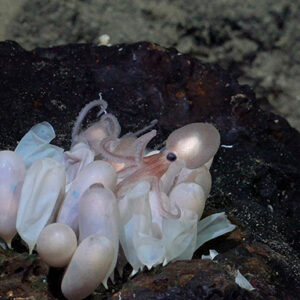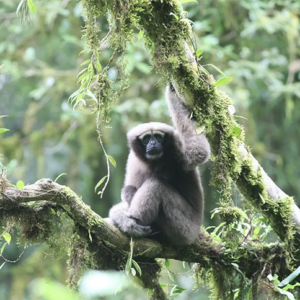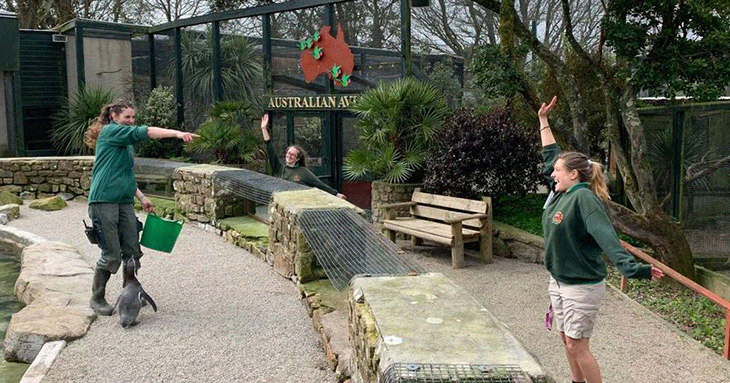
As most of the countries are currently on lockdown, most have been isolating themselves in the comfort of their own homes, traveled to their hometowns or relaxing in their summer houses to pass the time.
Others though, have thought of another way to spend their isolation… By being in quarantine in their workplace. As weird as it may sound, since most everyone is working from home, these people are self-isolating at work. Yes, a handful of dedicated zookeepers took the unconventional approach and decided to quarantine themselves in their place of work.
A couple of weeks ago, Paradise Park, the wildlife sanctuary in Hayle, Cornwall, UK made an announcement that they would be temporarily closing to the public because of the coronavirus outbreak. The park said that it is important for them to make sure that the animals are still going to be well taken cared of, and because of this – they would also ned to guarantee complete health and safety for their zookeepers.
Due to the closure, 4 members of staff namely Izzy, Layla, Sarah-Jane and Emily volunteered themselves to move into the park and do their self-quarantine inside, along with the animals. They will continue caring for the animals during this 12-week isolation, but also be supported by other colleagues that will still be coming into work during their assigned shifts.
The director of Paradise Park, Alison Hales said that: “All our keepers are really dedicated to the animals, but some also have vulnerable family members at home. When they heard the advice about self-isolating to combat the coronavirus, they had to make a decision about whether to stay away from work and isolate with their families. But then they suggested that they could come and stay in the house at Paradise Park to be there for the birds every day without risking the health of their families.”
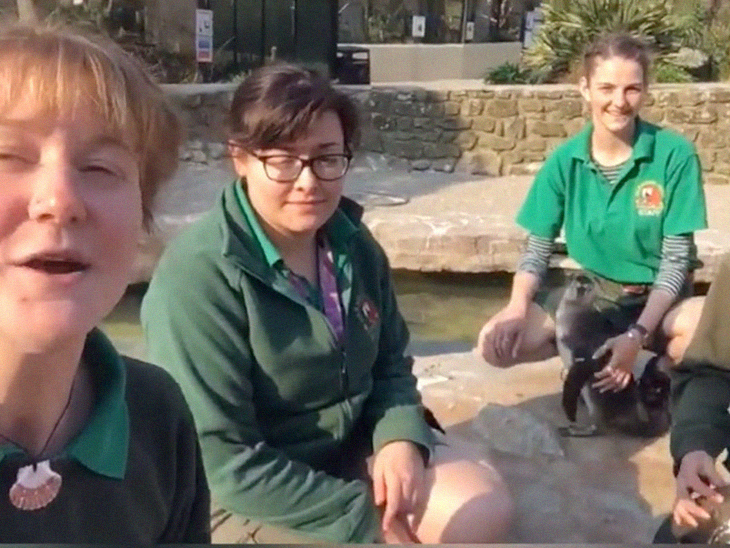
The reason why these four zoo-keepers decided to self-quarantine in the wildlife sanctuary’s onsite house is because their family members at home are immunocompromised, and they did not want to put them at risk, incase they brought the virus back to their homes. Izzy also explained that if in any case the other bookkeeping staff would be unavailable or unfit to work in the future, at least her and her three colleagues would be able to manage in taking care of all the animals.
Paradise Park houses about 1,200 different bird species and different mammals like red pandas and squirrels, asian otters, mice and other Fun Farm animals. With over 1,000 animals calling this wildlife park home, doing daily tasks such as feeding, cleaning, medicating, taking care of them and doing other activities needed is not an easy task to handle – especially just for four people.
Hales made a comment as to how the animals are reacting now that the zoo doesn’t have any visitors. She said that, “we are keeping to the Park’s routines, like twice daily penguin feeding times (can be seen on our webcam) so that they would not notice too much difference. Also, spring is in the air and many pairs of birds only have pairing up and nest-building on their minds.”
She also added that: “However, we have many different kinds of parrots here (we are home to the World Parrot Trust), some in small colonies and others in pairs and I do feel the friendliest of these are wondering where everyone is. Some parrots interact with people a lot, for instance Max and Cocky, the pair of Umbrella Cockatoos were shouting ‘hello’ really loud to me this morning and I thought they were pleased to see me.”
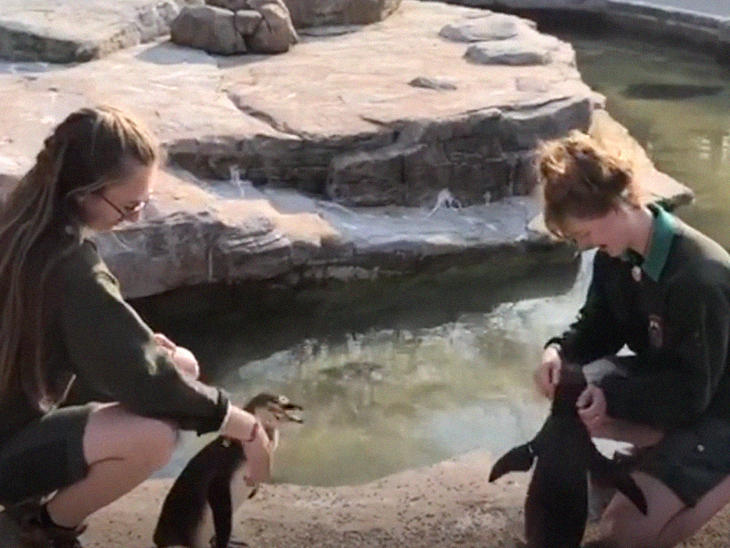
The four zookeepers in the wildlife grounds assured that they are continuing the zoo’s daily routines including that of the Humboldt penguins. During Easter, they will also be doing Photocalls, wherein some visitors will be chosen to help feed and pet the penguins, and to take photos.
They are also maintaining all schedules of bird trainings that are done with eagles, vultures, hawks, and other bird species that are a part of the zoo’s free-flying displays that occur every summer.
It goes without saying that self-isolating in the zoo also has a positive side to it, as Hales explains: “It’s magical to walk around once all the feeding and cleaning has been done, quietly observing the birds going about their business. You can chat to your special bird friends for a bit longer, but the best bit is waking up to a tropical dawn chorus in deepest Cornwall!”
Even if the zoo is closed for the next couple of months, Paradise Park still updates their social media pages on a regular basis, including live webcams so that the visitors will still be able to visit the animals from the comfort of their own homes.
Unfortunately, without the daily support of its visitors due to the pandemic, Paradise Park has also been affected and lost a big percentage of its income.
“As long as our keepers stay well to care for the animals, then the next challenge is funds. All our income comes from visitors and we have only been closed on Christmas Day and a few days due to snow in our 46 years. Winter is our quietest time of year, so we really look forward to the Easter holidays, we put on extra events and get lots of visitors. We have been very self-sufficient over all these years, many people are regular visitors and we have achieved a lot of really good conservation work for endangered species. Our bank is being helpful and has already extended our overdraft but this is the first time we have ever done a fund-raiser,” explained Hales.
To help out with fundraising, the staff members laughed a GoFundMe campaign where the funds will go to paying for food and other important expenses that amount to about $1,500 per week.
Your thoughtful donation here would go a long way in helping all the animals that live in Paradise Park.
What are your thoughts? Please comment below and share this news!
True Activist / Report a typo
